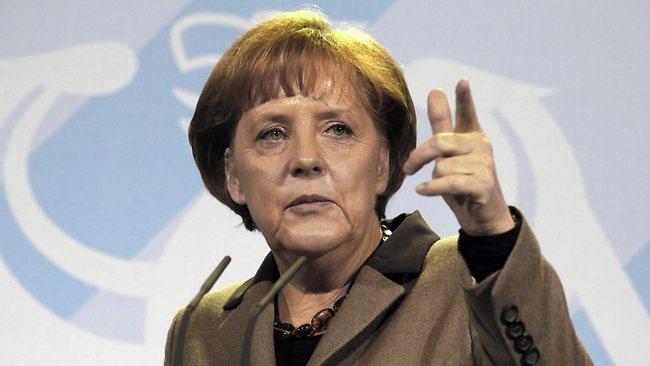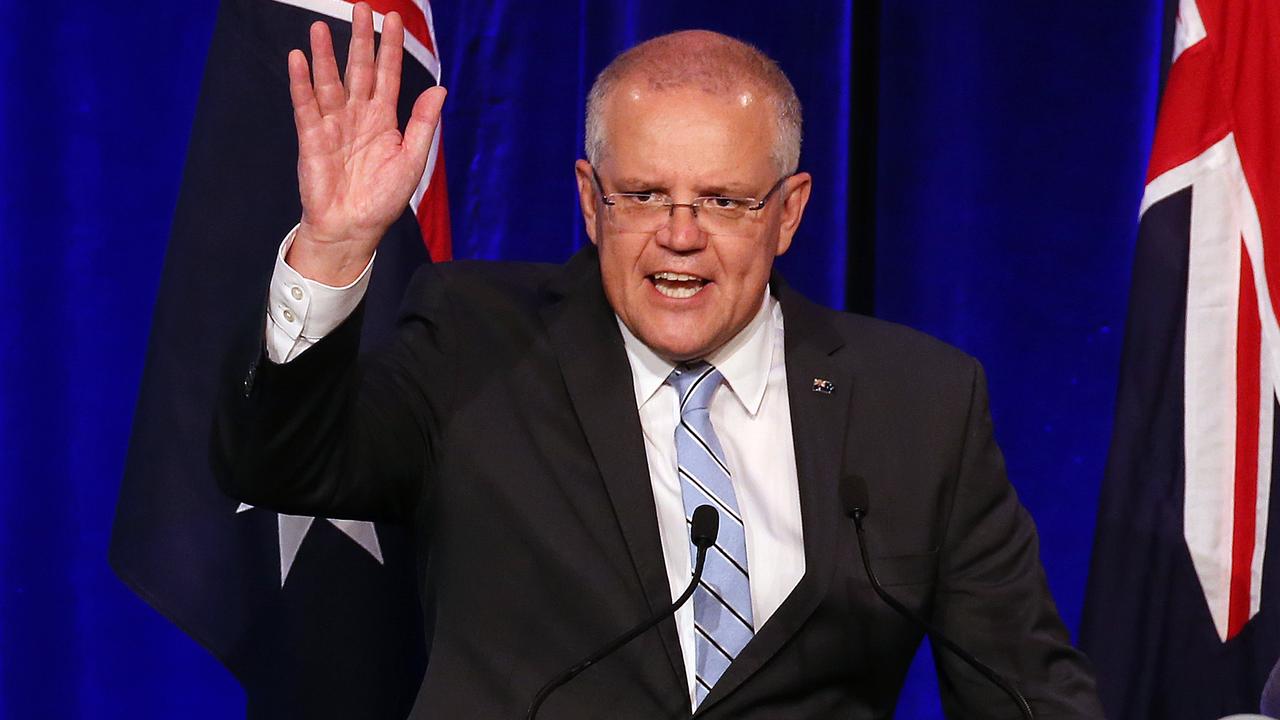It's in Germany's interest to stay in eurozone
IN Europe, leaders are struggling to come to terms with handling the almost inevitable Greek default, which draws closer daily.

GRAPPLING with diverse economies is never easy. In Europe at the moment leaders are struggling to come to terms with how to handle the almost inevitable Greek default, which draws closer every day. Germany, as the economic powerhouse of Europe, is caught between policy and political realities.
European integration and unification promised well above what it has delivered. But now that it is in place, unscrambling it would be a risky proposition, not just for the weaker states that would be cast aside. Wealthy countries such as Germany have built their prosperity at least in part on the way in which the euro has opened up markets, but the same rich states are now being asked to bail out the lesser states that are struggling.
Once upon a time the aim of greater European integration was removing the cultural and nationalistic divides that regularly plunged the region into all-out warfare. But in recent decades it has been about creating a platform for the continent to compete with larger nations such as the US and China. But when a state like Germany is forced to do much of the heavy lifting, its politicians face rising internal opposition.
The German population, which has already absorbed East Germany with all of its economic sluggishness into the national fold, is now faced with propping up southern European nations that have been more than a little loose with their fiscal settings. This is a harder sell for the politicians because, frankly, nationalism (a nasty word in a country like Germany) can't be used to proudly justify the economic pain that is likely to ensue.
But the choice for Germany is a false one. Walking away from the euro, which some politicians are now calling for, would be catastrophic for Germany's exporters: the backbone of the economy. The rich manufacturing base of Germany relies on exports, and walking away from the euro would put them at a significant disadvantage. Firstly, there is every chance they would face trade sanctions for doing so, especially if Germany detached from the European Union altogether. But more immediately the new standalone German currency would ascend like a spaceship going into orbit, wrecking the country's export industries.
We know a little bit about the impact a rising currency can have on exports here in Australia. Our manufacturing sector (already uncompetitive, mind you) has been crippled by the high Aussie dollar caused by the mining boom.
Germany is economically stronger than the rest of Europe put together. And a German withdrawal from the euro could lead other large states, like France, to do the same a serious possibility that would create further turmoil. Buyers of BMWs, Audis and Mercedes-Benz motor vehicles would suddenly find Jaguars and Alfa Romeos comparatively attractive, as the reborn German currency soared. Why buy an overpriced Volkswagen when you can pick up a Lexus? The Ferrari would start to be preferred over the Porsche.
And it isn't just in the lucrative motor vehicle industry that a higher currency would see Germany lose its edge.
Mobile phone companies, chemical producers and computer software companies would all suffer as well. Germany is the world's largest producer of solar power technology and wind turbines, which are global growth industries.
All of these industries would be crippled by a stronger German currency, inevitable in the short term after breaking with the euro.
The Germany economy is one of the largest in the world.
It is the second-largest exporter of goods, a tribute to the manufacturing base it has developed, given the low levels of raw materials Germany has at its disposal.
But all of that would be put at risk if hard-working Germans let their irritation at the profligacy of southern Europe cloud their thinking about what is in their best interests.
Be tough in negotiations over exactly how to fix the mess in states like Greece, Portugal, Spain and Italy.
Even put Greek expulsion from the eurozone on the table, by all means. But don't let pride (or anger) get in the way of national interest.
Germany's national interest is served by staying in the eurozone, even if it hasn't delivered the promised uplift in European standards of living once promised.



